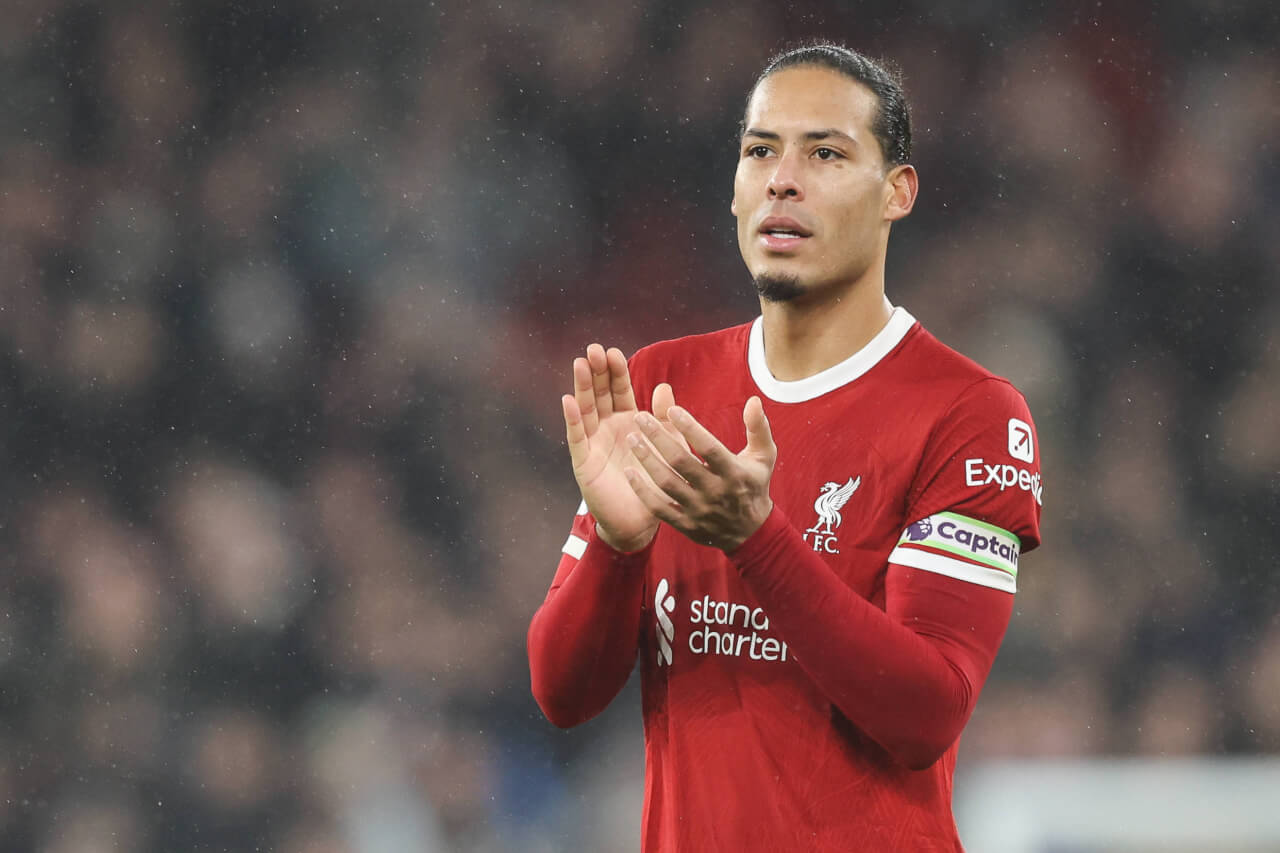Carabao Cup Final: Dissecting Virgil van Dijk’s Disallowed Goal
In the throes of the Carabao Cup final, Liverpool’s towering defender, Virgil van Dijk, thought he’d broken the deadlock against Chelsea. The moment was short-lived, however, as the celebrations were cut abruptly by the referee’s whistle, leaving fans and players alike in a state of bewilderment. Here’s an in-depth look at the incident that has been the talk of the footballing world.
Dramatic Scenes at Wembley
The scene was set for a memorable encounter at London’s Wembley Stadium, with Liverpool facing off against Chelsea. As the match unfolded, Van Dijk seemed to have etched his name onto the scoresheet with a commanding header, courtesy of an Andy Robertson free-kick. The Dutchman’s aerial prowess left Chelsea’s defence, including a hapless Dorde Petrovic, in disarray.

However, the jubilation among the Liverpool contingent was short-lived. Referee Chris Kavanagh, after a nudge from the VAR team, ruled the goal out, prompting a wave of confusion and dismay among the Reds’ supporters.
Unpacking the Decision
At the heart of the controversy was the application of the offside rule, a decision that left many puzzled. The VAR check flagged “possible offside,” focusing on Liverpool’s No. 3, Wataru Endo. Despite Endo’s marginal involvement in the play, the officials deemed his position as interfering with an opponent’s ability to play, specifically blocking Levi Colwill from challenging Van Dijk for the ball.
The interpretation of the offside law, as outlined by the IFAB, suggests that Endo’s positioning could indeed constitute an offside offence. This includes obstructing an opponent’s line of vision or interfering with their movement towards the ball. However, many feel this was a stringent application of the rules, given the dynamics of the incident.
Football’s Enduring Debate
This episode has reignited discussions around the application of VAR and the offside rule in football. The decision to disallow Van Dijk’s goal proves yet again, the subjectivity involved in officiating in the modern game.
For Liverpool and their fans, it’s a bitter pill to swallow, especially in a match of such magnitude. Yet, it underscores the ongoing need for clarity and consistency in how football’s laws are applied.
In the aftermath of the Carabao Cup final, the debate will no doubt continue. However, one thing is clear: the drama in football exceeds any other sport in the world.



